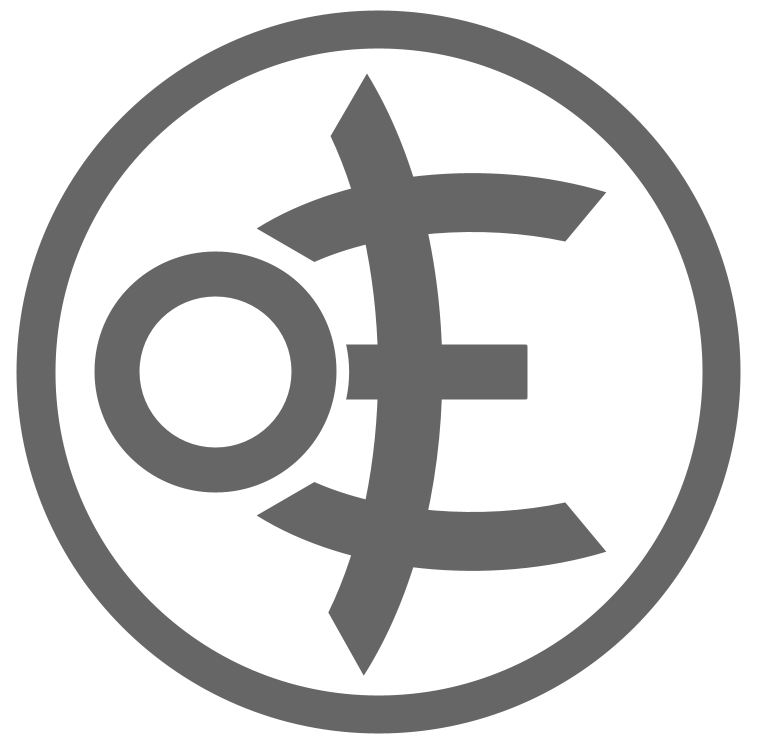@o_o@programming.dev asked “why are folks so anti-capitalist?” not long ago. It got quite a few comments. But I noticed a trend: a lot of people there didn’t agree on the definition of “capitalism”.
And the lack of common definition was hobbling the entire discussion. So I wanted to ask a precursor question. One that needs to be asked before anybody can even start talking about whether capitalism is helpful or good or necessary.
Main Question
- What is capitalism?
- Since your answer above likely included the word “capital”, what is capital?
- And either,
- A) How does capitalism empower people to own what they produce? or, (if you believe the opposite,)
- B) How does capitalism strip people of their control over what they produce?
Bonus Questions (mix and match or take them all or ignore them altogether)
- Say you are an individual who sells something you create. Are you a capitalist?
- If you are the above person, can you exist in both capitalist society and one in which private property has been abolished?
- Say you create and sell some product regularly (as above), but have more orders than you can fulfill alone. Is there any way to expand your operation and meet demand without using capitalist methods (such as hiring wage workers or selling your recipes / process to local franchisees for a cut of their proceeds, etc)?
- Is the distinction between a worker cooperative and a more traditional business important? Why is the distinction important?


Capitalism is the way we currently organize our society, where a group of people (the ruling class) have ownership over the means of production and, using that, they take the labor value created by the working class. They use their power to control the society, despite democracy, and change its rules to their advantage.
Think about… A factory worker making smartphones. How many they do in a day? How much it does each will cost? How much of it the worker gets? The shareholders that owns the factory will get most of the value as profit, despite the fact that they did not work.
1: No. You made something of value. Capitalists don’t create value.
2: Private property is not the same as Ownership of the means of production. Communism don’t abolish private property, it abolish ownership of the means of production.
3: You can expand your production by working with other people, as expected. In a communist society you would not be their “boss”, and would not get any value from their work for yourself, they will have it.
4: Communism is a way to organize society without exploitation. They may be true for a cooperative, and we need more of that. But the implications of that for the whole society are deeper; democracy may reflect the needs of people better when there are no power disparity between member of the society.
To be fair, the question was “What is Capitalism” you’re mostly answering the question “What is Communism”.
Just on the bonus questions. Lol.